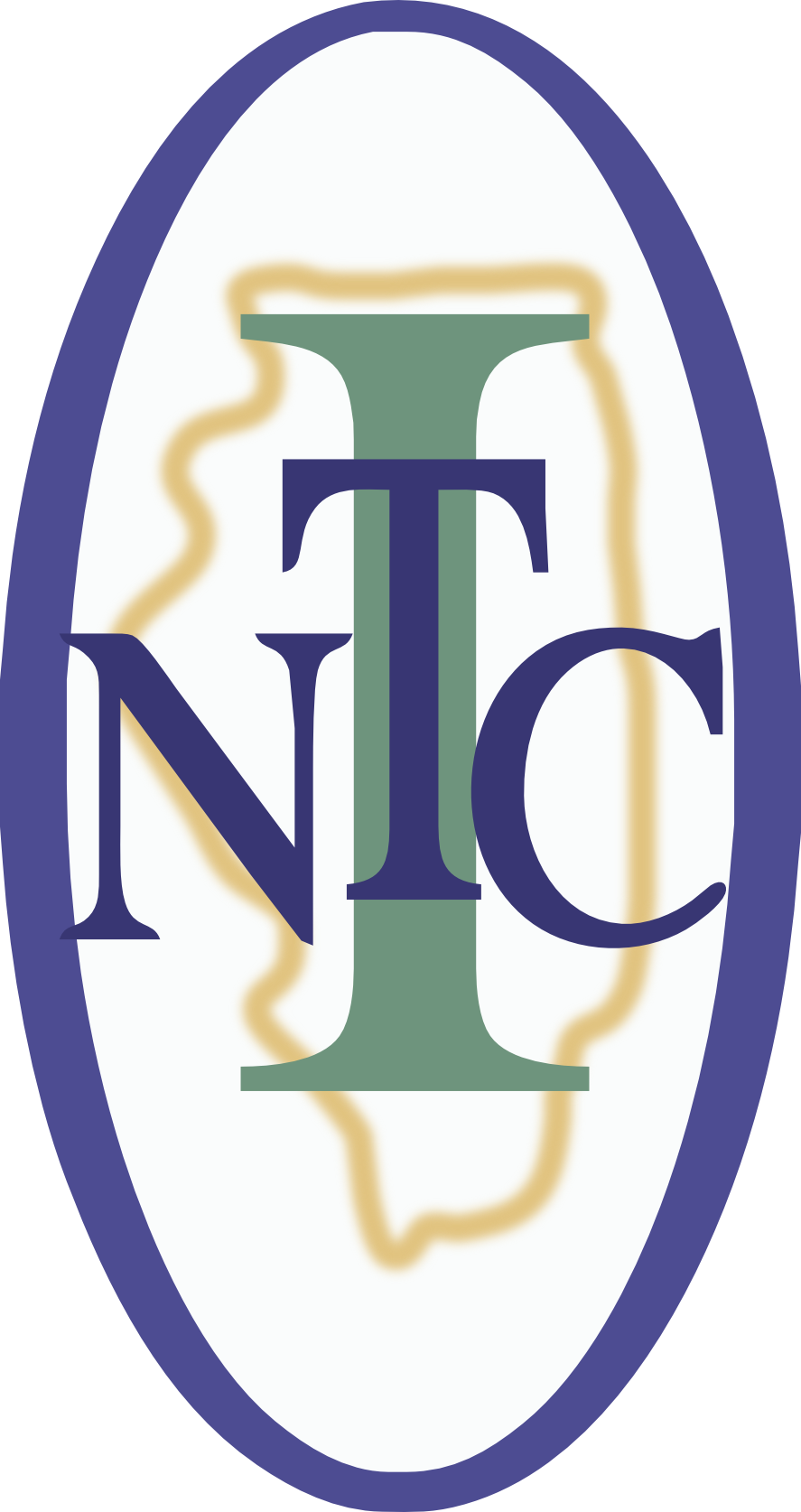Mentor Conference Breakout Sessions
June 11, 2024
I Hotel | Champaign, IL
TITLE
ABSTRACT
PRESENTER(S)
Writing Instructional Goals and Preparing for Evidence-Based Goal Setting Cycles
Want to learn how to set an effective professional goal and work towards it? This session explores the role of evidence-based goal setting cycles in writing effective instructional goals, identifying your baseline, implementing action steps, and using feedback from your observer or mentor to start the cycle over again. We will show you practical examples of effective goals and you will write your own professional goal, learning how to monitor progress, and adapt your strategies based on feedback.
Kristin Koe, Simmia Pearson, Ayrton Kasemets
In the dynamic landscape of education, the influx of adult educators and career changers brings diversity and opportunity to the teaching profession. This session aims to inspire a collaborative approach to supporting adult educators and career changers by examining their diverse perspectives and expectations, developing strategies to address their unique challenges and nurturing their potential to impact learners of all ages positively. Join us in exploring ways to empower and uplift these individuals as they embark on their transformative journey in education.
Are you trying to combat discomfort and fear during your coaching conversations? Do your conversations end without a common resolution? Rest easy; there are ways to promote productive dialogue between you and your mentee. Join us as we explore the role of both the mentee and mentor during the coaching conversation and discover strategies to help tackle your coaching conversations more effectively.
Join Dr. Wood and her mentee, Krist Bass, as they share their collaborative journaling experience. Discover the transformative power of collaborative journaling in mentorship. This session delves into the dynamic practice of reflective journaling between mentors and mentees. Explore how this process fosters self-reflection, goal-setting, and professional development. Uncover its role in nurturing a supportive mentorship environment, promoting effective communication, and enhancing pedagogical practices. Join us to learn how collaborative journaling can cultivate a reflective mindset, foster growth, and help strengthen mentor-mentee relationships at your school.
John Hattie’s research has shown that collective teacher efficacy strongly correlates with student achievement. Maercker D60 believes that fostering a strong collective action with our new teachers and a mentor throughout the year will positively influence student outcomes. With a strong focus on student learning, our mentor program was designed to learn about the Danielson Cluster and utilize opportunities to plan, implement and receive feedback on lessons from a mentor. The mentors are not the experts, but the learners alongside of them to grow professionally from one another. In our first year of our mentor program, we are already seeing the benefits of student learning through this strong partnership.
Susan Emja, Mary Kassir
Students in teacher education programs and new teachers have similar needs within their unique contexts. Research supports mentoring, community connectedness, and access to resources increases success for both populations. These supports can be instrumental in retaining students in their programs and new teachers in their classrooms. This session will address specific strategies used in teacher education programs for mentoring teacher education students that can be adopted in your school environment for onboarding and supporting your new teachers. The session will also address how schools can support, provide development, and empower their mentors.
This study investigates the effectiveness of Chat GPT as a reflective aid for student teachers in Early Childhood Education. As a pilot study involving four student teachers specializing in this field, participants will utilize Chat GPT's voice function to reflect on their field practice experiences. Serving as a reflective companion, Chat GPT will be available to assist the participants at any time, offering support with any inquiries related to their field experience. Data collection methods include semi-structured interviews, surveys, focus group discussions, and analysis of reflective journal entries. The study is set to begin in March and aims to complete data collection by May. Initial results will reveal student teachers' insights into the advantages and obstacles of employing ChatGPT for reflective purposes, especially focusing on educational objectives, emotional engagement, and technological constraints. This research contributes to understanding AI's potential in educational settings, underscoring areas for further development and integration into reflective teaching practices.
This presentation will provide attendees with an overview of relevant research and mentoring practices related to teacher emotional well-being. Presenters will first lead attendees through a research-based discussion of teacher well-being, including an examination of the challenges associated with cultivating and maintaining a sense of well-being in school buildings. Then, presenters will share relevant highlights from current research that suggest methods for cultivating and maintaining teachers’ well-being. Finally, attendees will explore a set of actionable mentoring practices that can be used to help cultivate teacher well-being. The key objective of this presentation is to provide attendees with a way of thinking about and practicing mentoring that puts teacher well-being (for teacher well-being’s sake!) at the forefront of our work with teachers.
The Impact of Relational Trust and Student Outcomes
Ebony Wrenn
